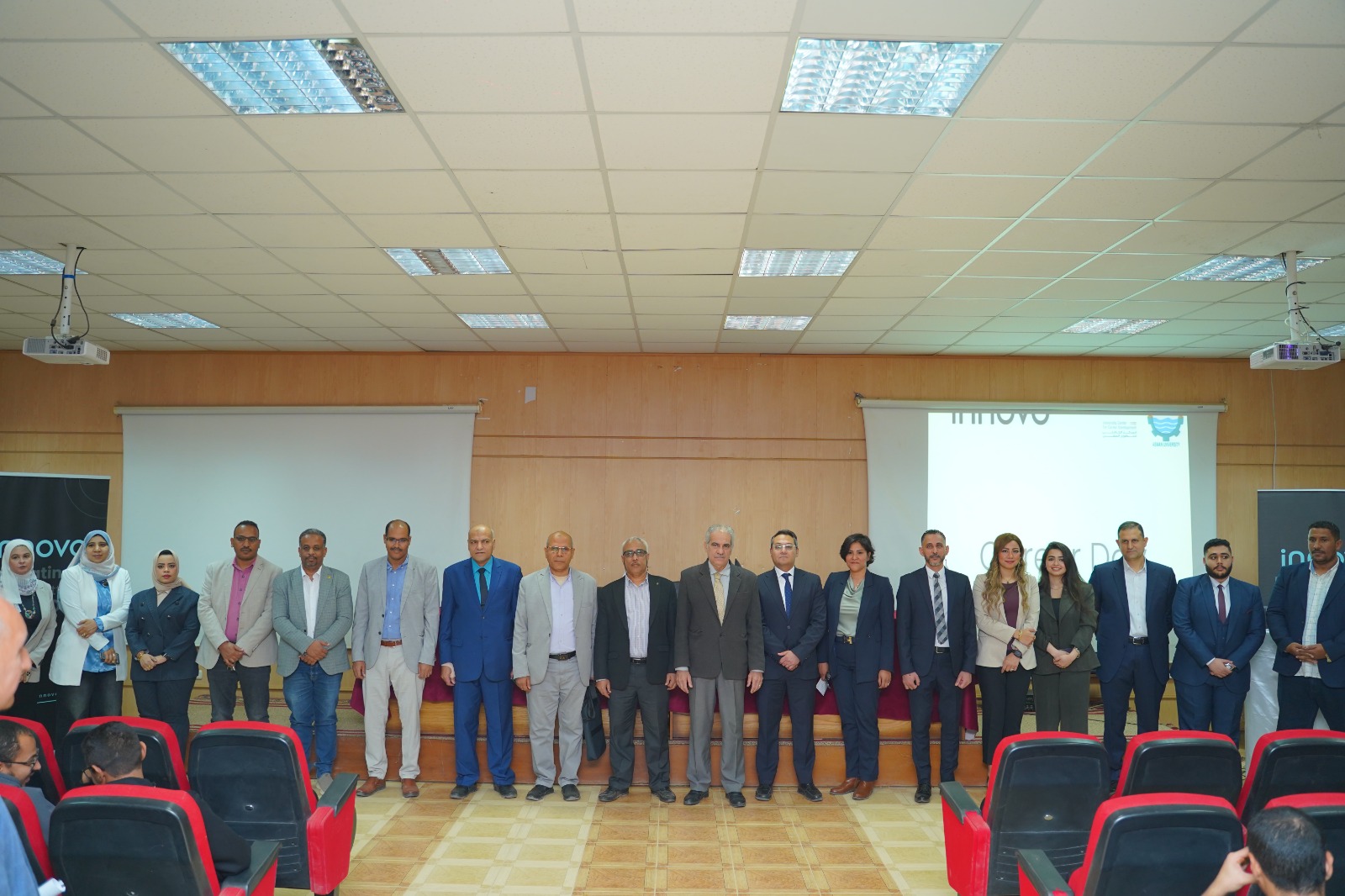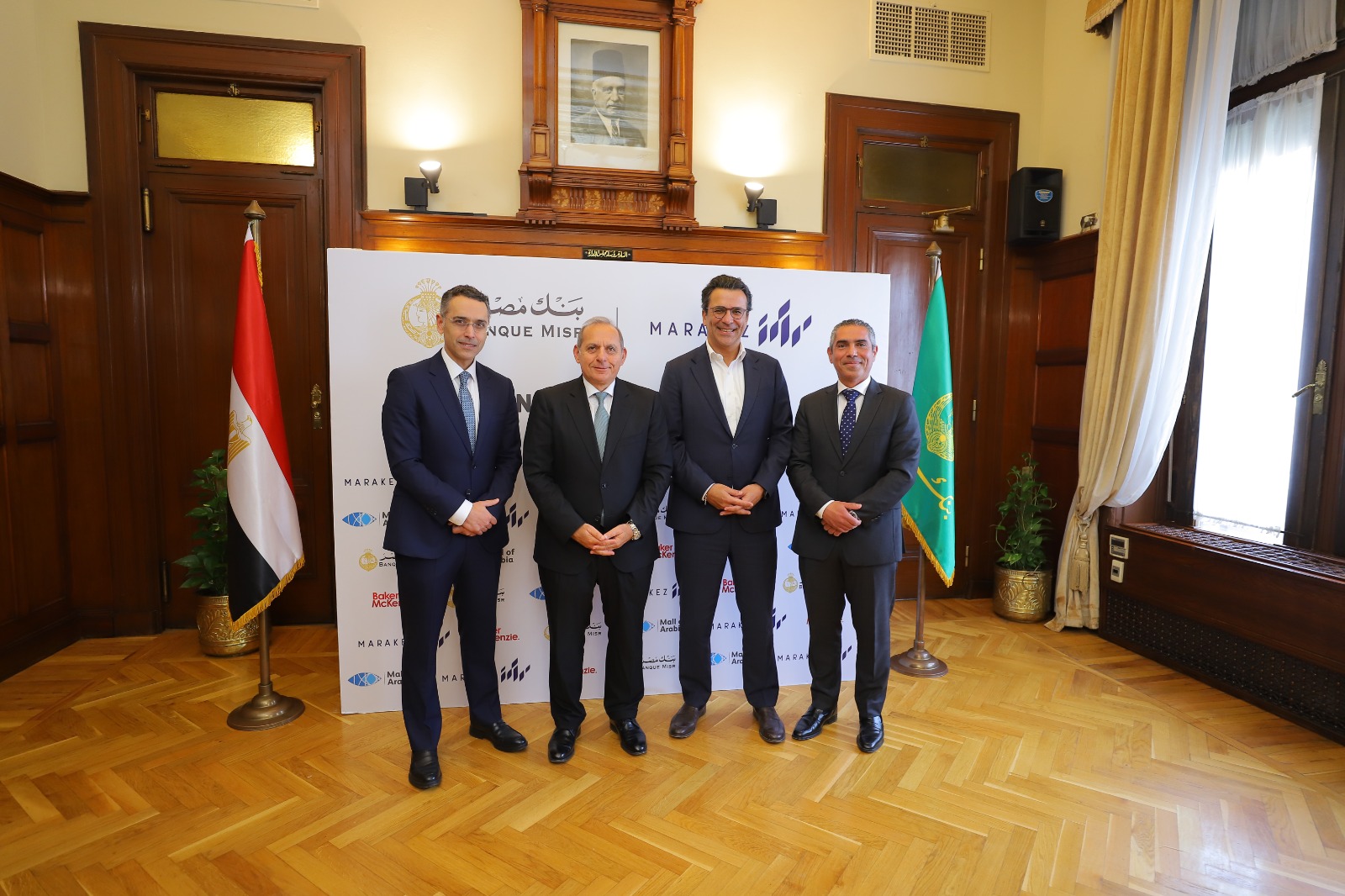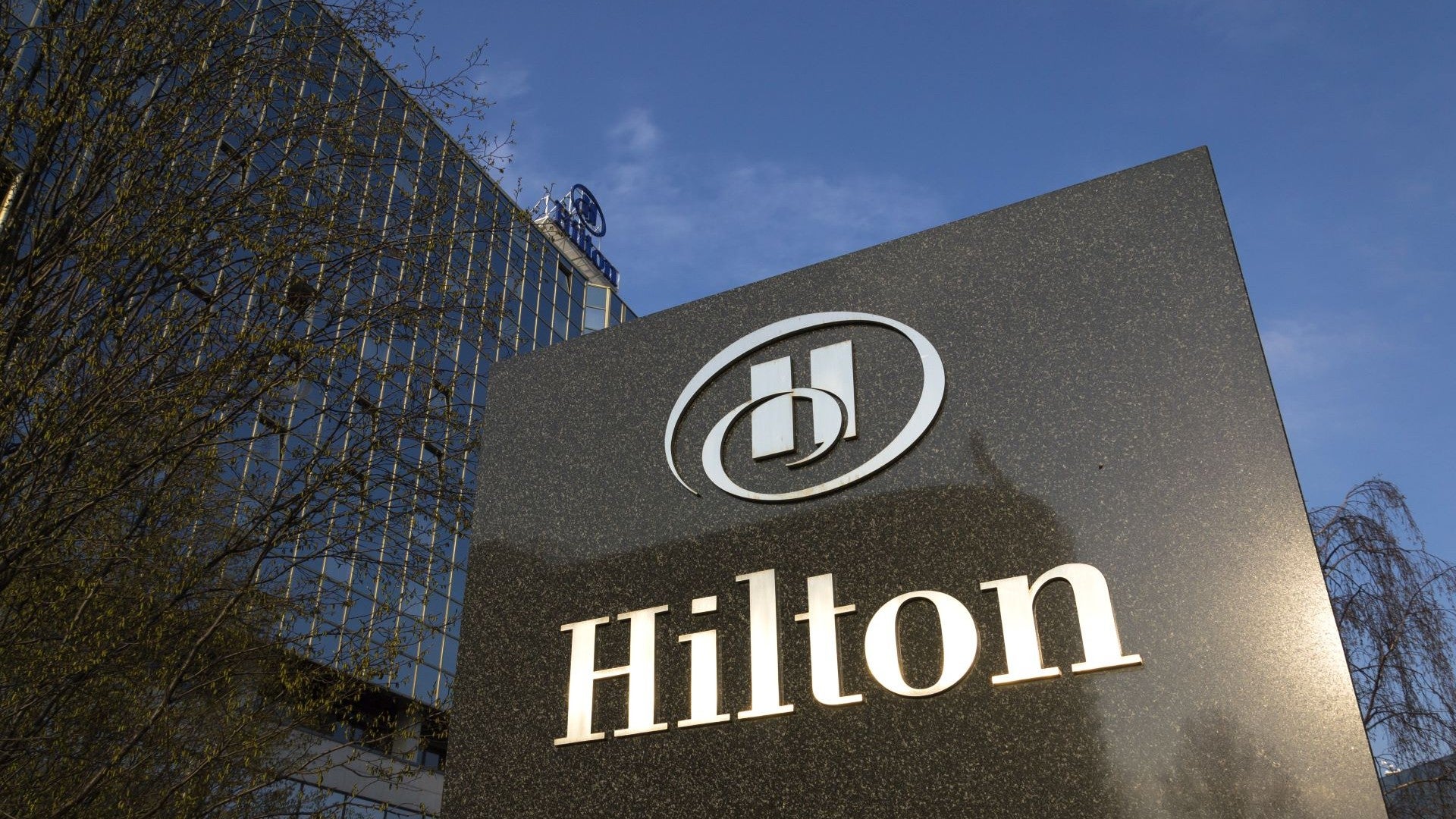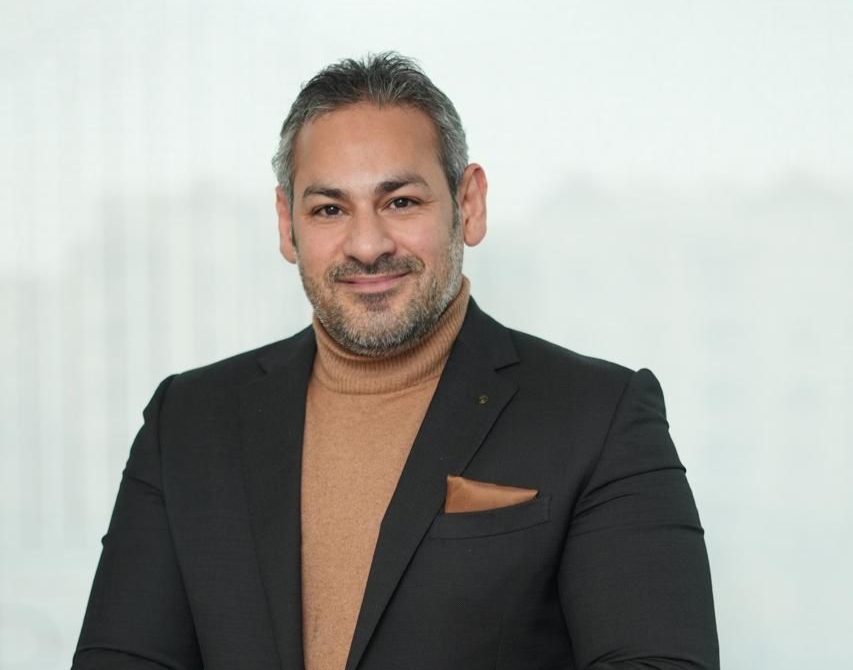Dubai – Masaader News
Middle East governments and industries continue to face challenges and pressure to perform and deliver “more for less” on social and economic infrastructure projects, despite an increase in oil prices compared to 2016.
PwC Middle East’s fourth Capital Projects and Infrastructure survey published today, outlines the current challenges facing the industry and highlights the importance that alternative financing will have on future investment projects in the region.
The study reports a more positive outlook and increased capital expenditure, with almost half (49%) of respondents spending more. One in six of those respondents expect 25% capital expenditure increase (compared with 21% in 2016) and only 19% of 2018 respondents saw a marginal decrease in their capital expenditure compared to 63% in 2016.
Project performance is improving, with only 34% of respondents indicating delay of 6 months or more, compared to 47% in 2016. There are a variety of reasons relating to project delays and overruns such as changes or poorly defined scope of existing projects (from 60% in 2016 to 46% 2018). The survey also highlights a stronger focus on building in-house project management capabilities and strengthening project governance and controls. Meanwhile, the squeeze on funding for capital projects from the top down has rippled through the construction supply chain: by far the biggest external challenge facing contractors this period appeared to be payment delays by clients and availability of funding. Other reasons include increased cost of materials, labour and equipment, along with challenges relating to working capital
And finally, the need for private sector financing appears to be growing, with the general consensus. This was evidenced by the 80% of respondents who believe that over the longer term, private sector funding will continue to increase to help support major infrastructure projects across the region.
Maarten Wolfs, PwC Middle East Deals – Infrastructure and Government Leader said:
“Governments across the region continue to face challenges and pressure to perform and extract the highest value from projects as possible. What this tells us is that the industry needs to evolve. This may be done through the entry of new competitors, new technologies or changes to regulation to facilitate the delivery of capex programmes.”
“It is important that the lessons learnt about project management and governance is not forgotten about in the wake of increased spending, in doing to the industry may miss opportunities to improve long term performance.”







